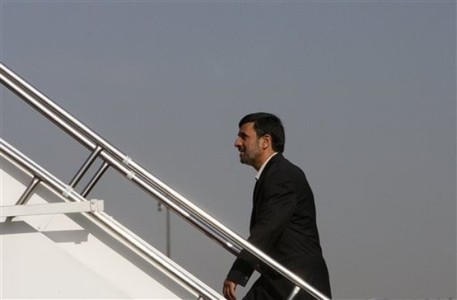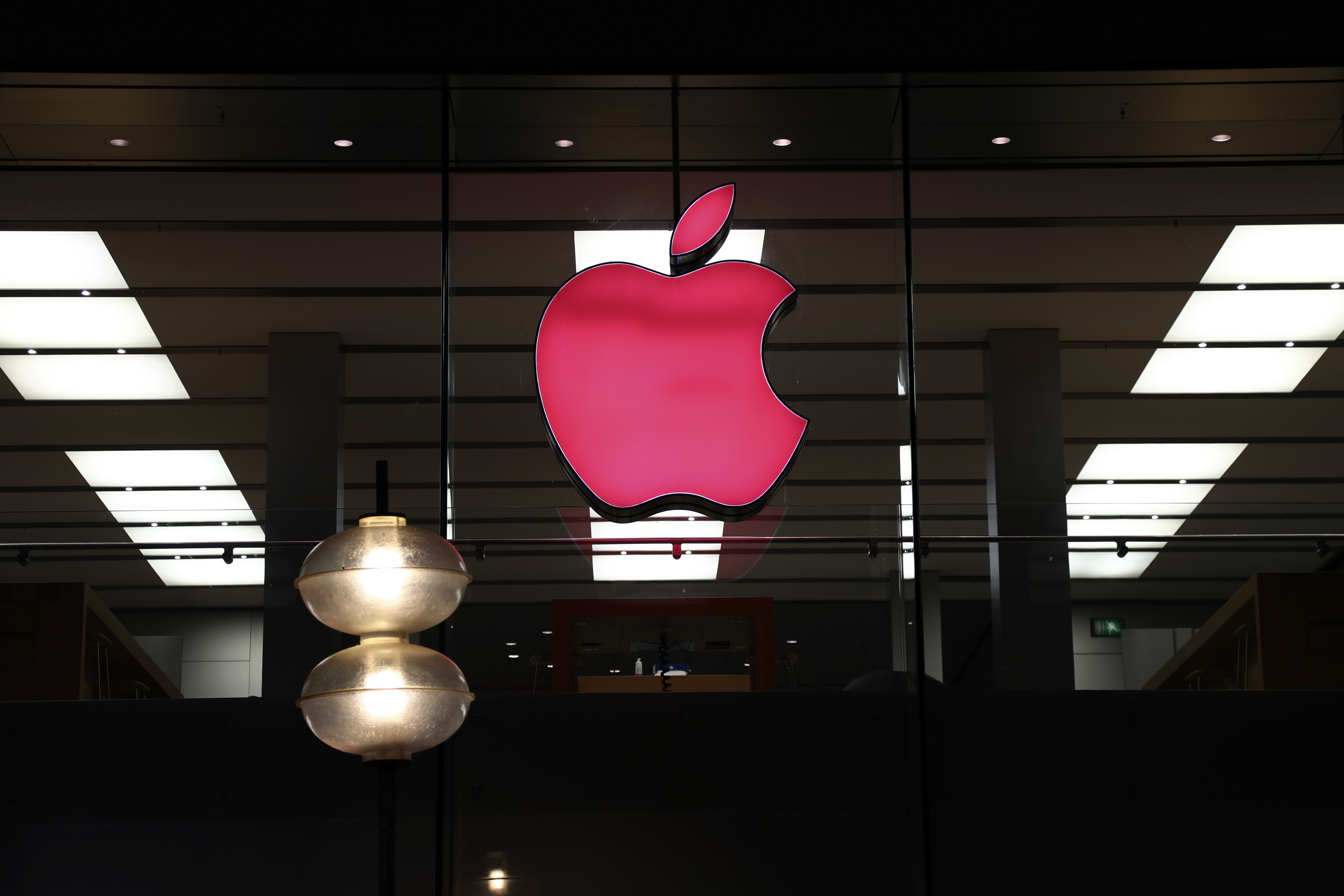Obama has given the Iranians the opening to make this a global 'north' vs. 'south' argument, which hurts your case when you need countries like Brazil, China and Russia to support an engage/sanction Iran strategy.

Ezzedine Choukri Fishere argues for full nuclear disclosure in the Middle East:
First, it would lay to rest the complaints about double standards in the nonproliferation community and relieve the US - and Israel - from the untenable claim that Israel's nuclear arsenal should somehow be treated as exceptional (a claim that nobody outside Washington and Tel Aviv gives serious consideration). The double-standard argument has been the most successful weapon against nonproliferation, especially in mobilizing public support for nuclear projects like those of Saddam's Iraq, Ghaddafi's Libya or Iran (and you will hear a lot about it in the coming weeks leading up to the NPT review). Second, such a dialogue would significantly decrease the pressure on Arab governments to start their own nuclear programs and abort what could be the beginning of a nuclear race in the region. Third, this dialogue would pave the way for the establishment of a Middle East security regime, which could be the vehicle for addressing a wide range of security hazards in this troubled and troubling region. Finally, such a dialogue might offer a framework for addressing Iran's problematic nuclear activities, especially if accompanied by a package of stabilizing confidence-building measures.
The problem here isn't the substance, but the messenger. As Colum Lynch recently pointed out, Washington's sudden insistence that the world disarm and turn back the nuclear doomsday clock rings rather hollow to weaker nations mulling the nuclear weapons route. Once again - much like with the global emissions debate - the United States, having already developed, proliferated and polluted, is telling the rest of the world what's best. There are obviously finer points and nuances to this perception but, generally speaking, it comes across as more unilateral lecturing from the West.
This of course complicates Obama's rapprochement strategy with Iran. Nonproliferation is important, perhaps too important to rest entirely on the unpredictable - and often erratic - actions of the Iranian regime. And thus far, the case against Iran has been an internationalist and legalistic one; filled with violated protocols, perfunctory deadlines and deliberative hectoring. The president intended to engage - instead he audits.
And I get the idea: Halt Iran's nuclear intransigence, buy time on the so-called doomsday clock and create the necessary breathing room to discuss the litany of other issues in need of resolving. But Obama has instead given the Iranians an opening to make this a global 'north' vs. 'south' argument, which hurts your case when you need countries like Brazil, China and Russia to support an engage/sanction Iran strategy. Rather than providing breathing room, the nuclear debate has instead sucked all the oxygen out of the room.
It's a strategy, to be fair, that I supported - and continue to, albeit tentatively. And perhaps there's still a chance for a fuel swap deal, but I remain skeptical.
(AP Photo)











